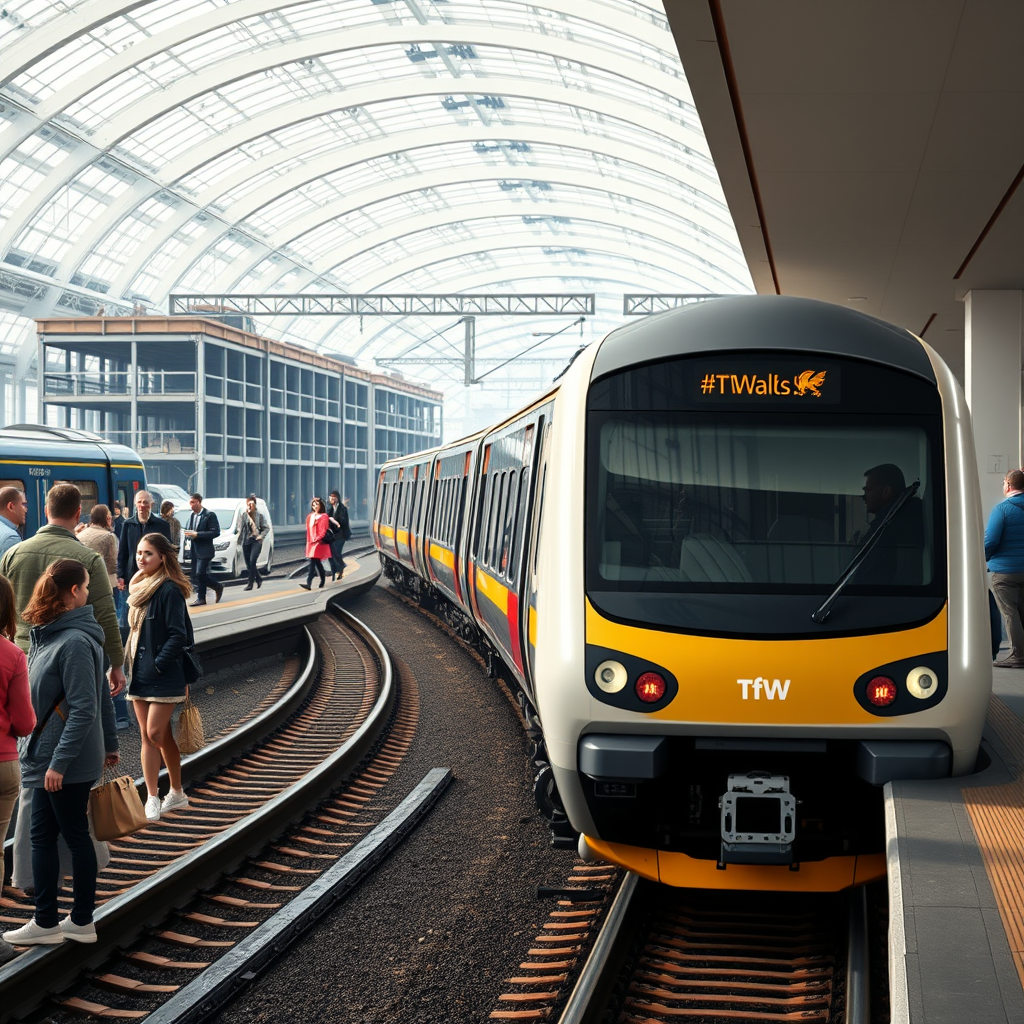Dynamic ETCS Testing Completed on UK East Coast Line
The UK’s rail infrastructure manager, Network Rail, has completed two landmark tests on its East Coast Main Line, paving the way for ETCS (European Train Control System) operation on both passenger and freight rail.

The UK’s rail infrastructure manager, Network Rail, has completed two landmark tests on its East Coast Main Line, paving the way for ETCS (European Train Control System) operation on both passenger and freight rail.
In collaboration with rolling stock and ETCS manufacturers, Network Rail successfully tested both Govia Thameslink Railway’s Great Northern Class 387/1 Electrostar 387101 and DB Cargo’s Class 66 locomotive 66039 operating at ETCS Level 2 and higher.
Level 2 requires “full supervision” from a driver, but Network Rail indicated that the tests also ran in “degraded modes of operation.”
The trains tested are among the most popular units on British railways and aim to demonstrate the feasibility of retrofitting ETCS systems to existing rolling stock.
The testing was part of the East Coast Digital Programme (ECDP) and took place at the Network Rail Innovation and Development Centre (RIDC).
Many stakeholders described the success as a “significant” step in the uptake of ETCS in the UK.
Ed Akers, Network Rail’s Industry Partnership Director for ECDP, stated, “This marks significant progress with two strategically important fleets. Our partners have worked diligently on both projects to reach this point – their efforts will yield ongoing benefits with durable designs for key fleets. Preparing all fleets is ECDP’s biggest challenge, but the facilities at RIDC are enabling us to make significant strides toward a digital future.”
Neil Ethell, COO at DB Cargo UK, added, “The completion of dynamic testing for 66039 at RIDC represents another major milestone for freight and the program. We are incredibly proud to be undertaking the first in-class fitment of a Class 66, and we’re excited to see how it performs in the next phase of testing as it accumulates 5,000 miles of fault-free running as part of the approvals process.”
David Maddison, Digital and Integrated Systems regional director for Alstom, highlighted the cross-industry cooperation: “We are proud to have provided the cutting-edge technology and expertise necessary to retrofit the Class 387 fleet, paving the way for a new era of safer, more efficient, and sustainable rail travel. By working with partners across the industry, Alstom is committed to advancing the digital rail revolution, ensuring that passengers and freight operators alike benefit from enhanced performance and reliability.”
The trains will now undergo further testing and accumulate fault-free running mileage as the approvals process continues.




